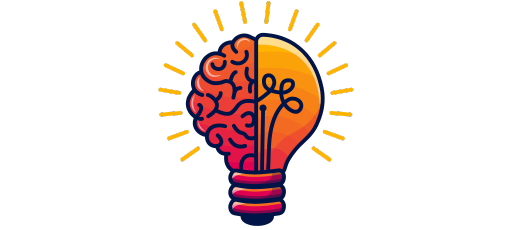Treatment-resistant depression (TRD) is a major depressive disorder that does not respond to adequate trials of standard treatments, such as medication and psychotherapy. This can be a frustrating and debilitating experience for those suffering, as it can feel like there is no hope for relief. However, it’s important to remember that there are options available for managing TRD.
Recognizing the Signs
If you’ve been undergoing treatment for depression and haven’t experienced significant improvement, you may be dealing with Treatment-Resistant Depression (TRD). Some signs include:
Changes in appetite
Thoughts of death or suicide
Persistent feelings of sadness, hopelessness, and emptiness
Loss of interest in activities you once enjoyed
Changes in sleep patterns (insomnia or hypersomnia)
Fatigue and lack of energy
Difficulty concentrating
Causes and Risk Factors
Several factors can contribute to TRD:
- Inadequate treatment: The initial treatment plan may not have been the right fit for your specific needs.
- Comorbid conditions: Other mental health conditions, such as anxiety disorders. PTSD, or sleep disorders can complicate treatment.
- Medical conditions: Certain medical conditions, such as thyroid problems or chronic pain, can contribute to treatment resistance.
- Substance abuse: Substance abuse can interfere with treatment and worsen depressive symptoms.
- Genetic factors: Some individuals may have a genetic predisposition to treatment-resistant depression.
Treatment Options
If you’re struggling with TRD, know that there are several treatment options available:
- Medication adjustments: Your doctor may adjust your current medication dosage or switch you to a different medication.
- Augmentation therapy: Adding another medication to your current treatment plan may enhance its effectiveness.
- Psychotherapy: Different forms of psychotherapy, such as cognitive behavioral therapy (CBT), or interpersonal therapy (IPT) can be beneficial for TRD.
- Brain stimulation therapies: Transcranial magnetic stimulation (TMS) and electroconvulsive therapy (ECT) are non-invasive brain stimulation procedures that can be effective for TRD.
- Ketamine can be another effective treatment option for TRD management.
- TRD can be frequently associated with a range of conditions, including medical, neurological, sleep disorders, and substance use disorders. Optimal treatment of comorbid conditions can improve overall outcomes in TRD.
- Lifestyle changes: Regular exercise, a healthy diet, and adequate sleep can improve overall mental health and support treatment for depression.
Finding Hope and Support
Living with TRD can be challenging, but with the right treatment and support, you can find relief and regain control of your life. Remember that you are not alone in this journey. Reach out to your doctor, therapist, or support group for guidance and encouragement.

